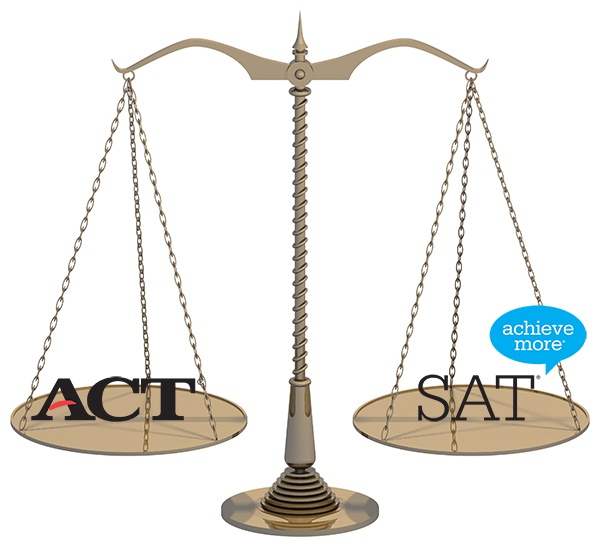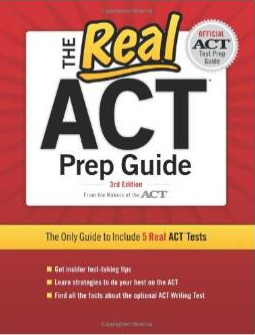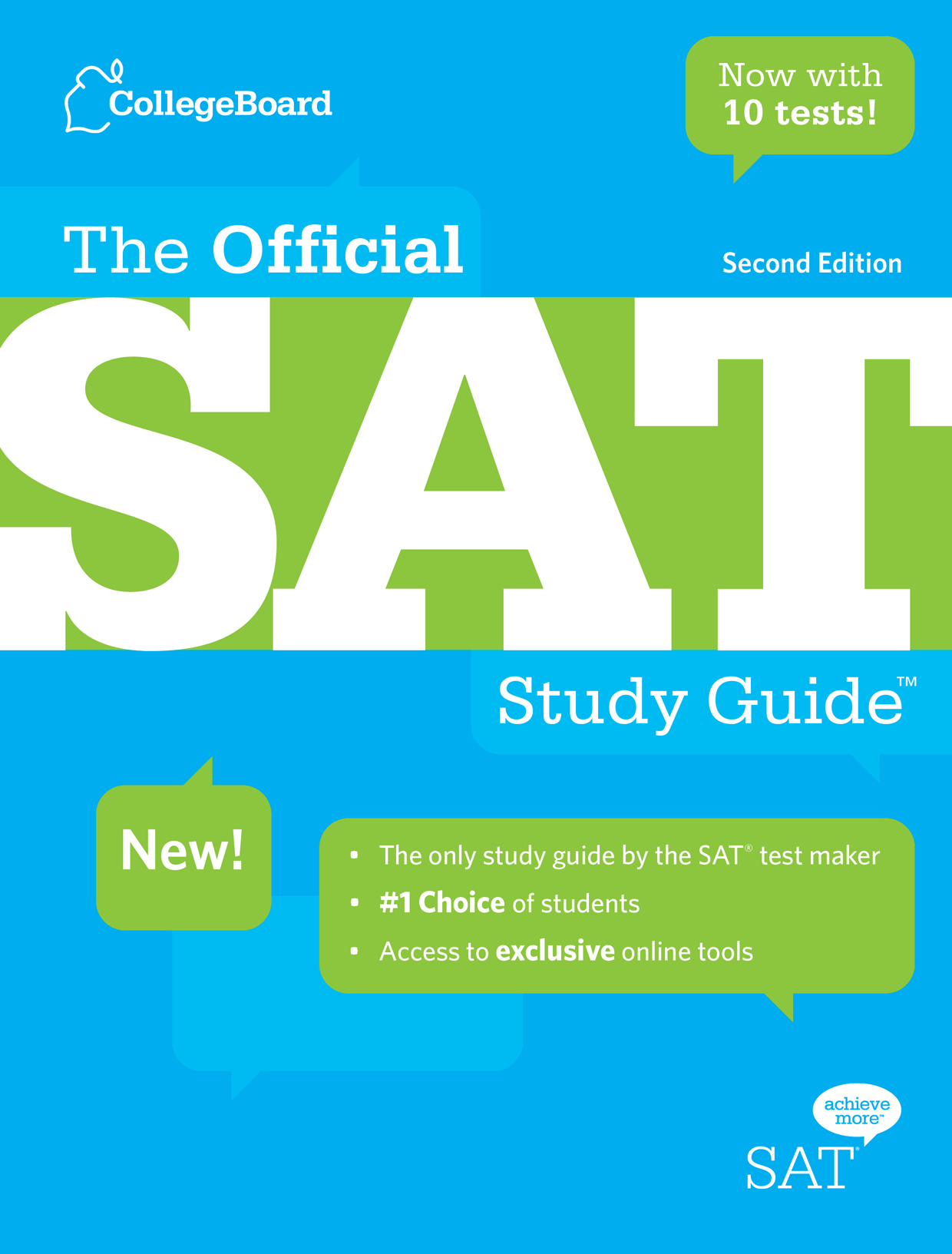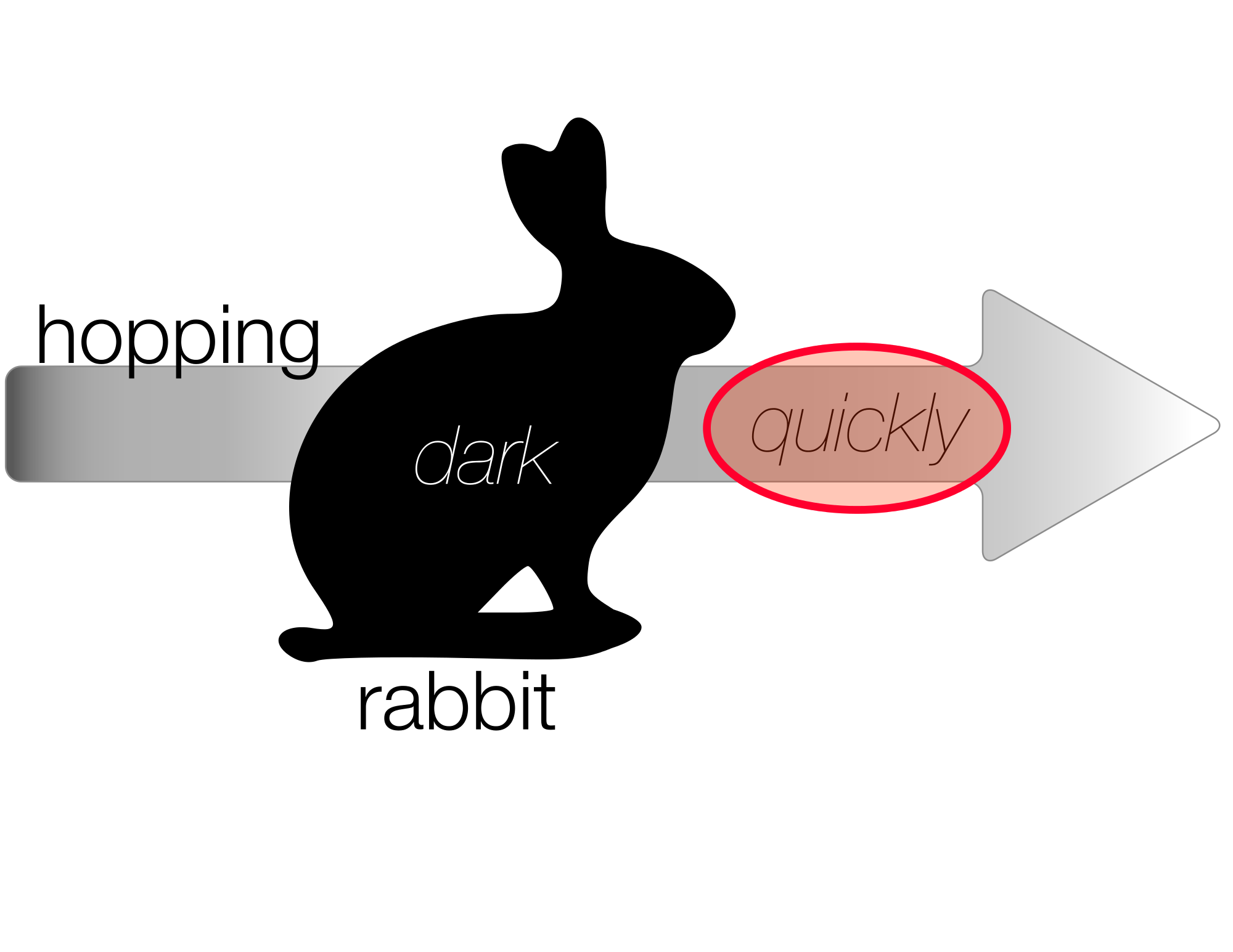Imagine you take the SAT in the fall of junior year and get an awesome Reading score. Your math, unfortunately, is not so great. To bring it up, you study for the next few months and retake the SAT in the spring. Your math score shoots way up, but your Reading actually decreases from what you got in the fall. What do you do?!
Luckily, most colleges have a policy of "superscoring" the SAT, or taking your highest section scores across all dates you took the SAT. Let's break down exactly what superscoring is, why schools do it, and what this means for your SAT game plan.
























